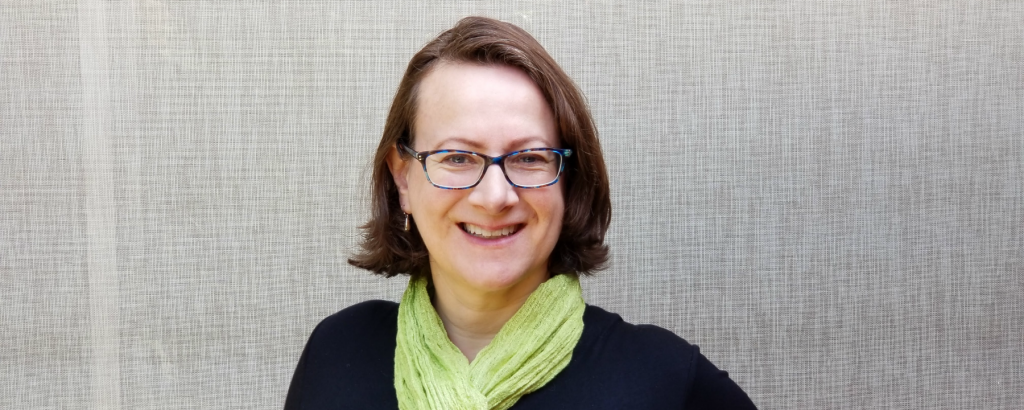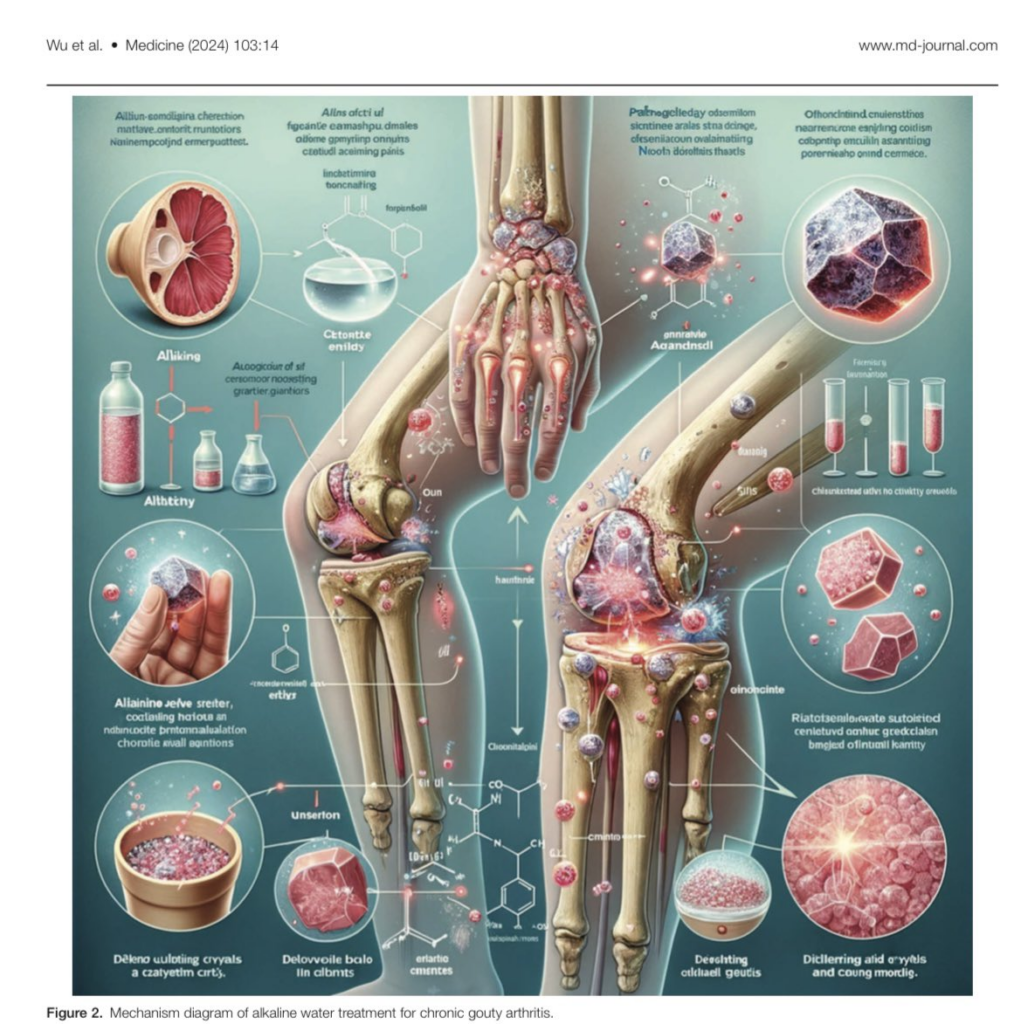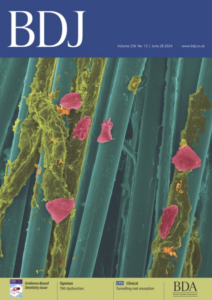In November 2013, Elisabeth Bik reported five papers containing what she thought was “pretty obvious” plagiarized text in Karger’s Digestive Diseases to the journal’s editor in chief.
Eleven years later, one of the bunch, “Inflammatory Bowel Disease as a Risk Factor for Colorectal Cancer,” has been retracted.
The decision took “a ridiculously long time,” Bik said. “Perhaps they forgot to act, perhaps they lost my email, perhaps they thought it was too much trouble to check, or perhaps they were not sure what to do back in 2013, when I contacted them.”
Continue reading Cancer paper retracted 11 years after reported plagiarism








